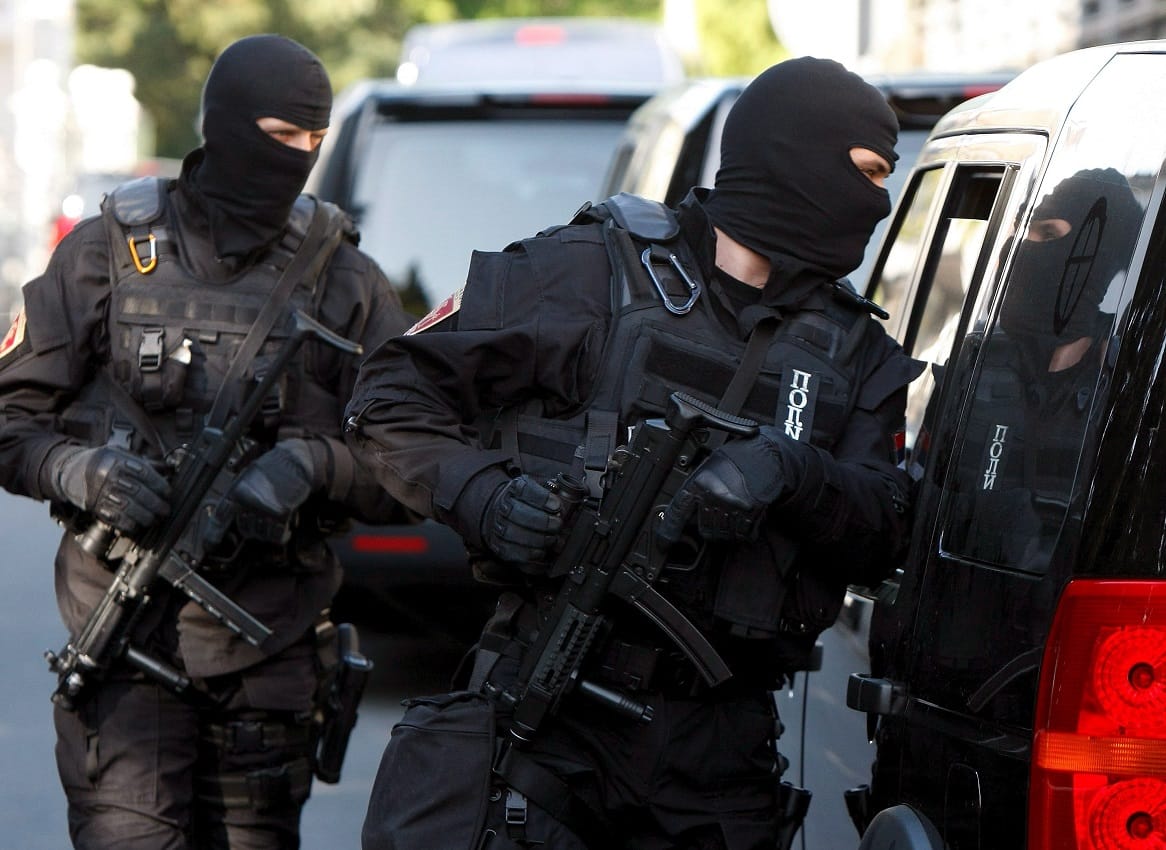
Counter-terrorism – IP essay
Virtually, the United States are again under threat of violence and hatred from foreign adversary. Our urgent task is to prepare for the attack applying the knowledge we already have, to get some extra information and to counter to further hostile actions living no place for compromises and connivance.
First and foremost, we should consider the list of tactics, practices and techniques already applied in withstanding the terroristic actions. Thus, we are to detect who, where and when is going to conduct the attack, consider all the variants and estimate possible losses.
To shorten the risks, we are to act quickly and accurately. As it is known to be a high-profile location firefighters, emergency and other organizations of first response should be on alarm and perhaps even trained in the nearest future. We should learn what great events such as theater opening nights or some outstanding concerts are expected to take place in major cities and reduce the vulnerability of those establishments together with large business or trade centers that make up a group of possible targets. Besides, tall or politically vulnerable buildings should ne protected by jersey barriers and other sturdy obstructions in order to avert car or truck bombing. Further, utility providers and heavy construction contractors as well as public works agencies are to take part in mitigating the outcomes of the attack. To manage security policy, we can attract specialists to apply mathematical modeling.
However, the best way is to prevent the action, without dealing with all those critic consequences. As the target is a group of rivals against Western culture, these are reliably Islamic extremists whose terrorism is not only a tactic, but an ideology as well. Understanding their profile and identity, we will become better informed and our ability to counter will be increased. In this case specific methods are crucial, as here religion and cultural dimensions are the main source of political controversy. Pre-emptive measures, in fact, have not proved their effectiveness n the long run. The tactic of going deeper into the motivation and strategies of terrorist group seems to be more promising to date. We can try to gather data from inside the group, but this method has a lot of risks that do not justify possible losses; it is time-consuming and unreliable. Although it is very hard, we should try to seek diplomacy and negotiation while the going is good and we are at the early stage of conflict.
As the campaign is predicted to be a large-scale, it would be of no doubt reasonable to unite the forces of militaries, police departments and special mission units. Intelligence is unavoidably important to be attracted. Though we should be careful with interception and tracing as such actions will again cause indignations from the citizens who will try to defend their human rights and civil liberties and create even more distress and panic that will play into the hands of terrorists. We shouldn’t forget that our initial responsibility is to provide security of our citizens. Further, it is of high importance to use the latest technological advancements for finding relevant information and in defensive measures.
Lastly, if our preventive measures will not gain success and terrorists won’t agree to a compromise, our violence will be justifiable as they should all response for their actions in court and be properly punished. The enemy must see we are prepared adequately, but it would be much worse to overreact.

